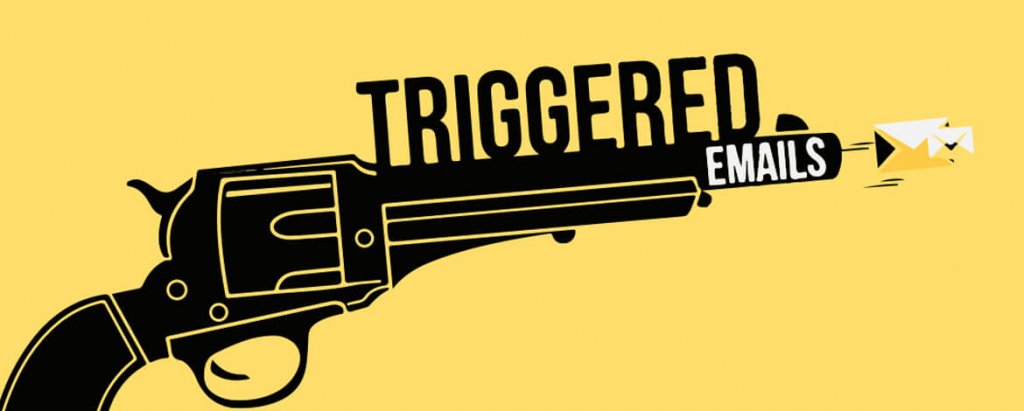(Triggered Emails) Emails which are sent out in an automated fashion, typically as a response to a click through on a previous campaign.
Given the higher opens and click-throughs, most marketers are eyeing on marking their calendars for the Triggered emails. However, here are a few questions to answer before setting up the triggered emails.
1. Did you optimize your basic email efforts?
In all the excitement of a new shiny toy, it’s easy to forget to optimize the emails. Before setting up the triggered emails, it is imperative to optimize the emails you send anyways and that are not triggered with an action. Check out on the subject lines, fonts, Smartphone friendly templates, links and landing pages etc.
2. Should/do you have frequency caps in place?
One key question is how many times do you send the triggered email? Is it on a welcome, on order confirmation, on a website visit or on abandoning a cart? Many more occasions can be identified for sending a triggered email. However, the frequency of triggered mails plays a pivotal role to determine whether the repetitive message is moving from persuasive to irritating. Check out on whether your industry requires the frequency caps, what’s the optimum frequency range? Do you have frequency caps for specific lists, segments or individuals? Etc
3. Can you modify triggered email rules for different recipients?
A set of rules for a triggered email may not be appropriate for every recipient. For Example: I abandon my cart and receive and email under the shopping cart abandonment email programme and I am the person who has abandoned it by mistake or I choose to buy later. Moreover, if I am an employee and I like to visit the site often for some updates that should not bombard me with those triggered emails for customer or a prospect visitor. Modifying rules for triggered email will help customize your marketing operations.
4. What happens when it’s no more unique?
Triggered emails are popular, but not as widespread as you might assume. What action will work best for your target for setting up Triggered campaign? There can only be a fewer customer actions linked to each triggered email and thus being innovative will add in to the bargain. To stand out on the competition mapping, it is imperative to innovate and send different kind of triggered emails than those run of the mill ESPs.
5. Does triggered emails change recipient behaviour? (And does that matter?)
Particular care has to be taken where coupons or discounts are involved. If I know you’ll send me a 20% discount coupon for my birthday, do I delay a full-price purchase until I get that coupon? Do consumers “game the system”? I know I’ve abandoned a shopping cart just to see if the retailer sends an abandoned cart email with a coupon in it.
6. Are you measuring success properly?
In particular, many marketers forget the organic percentage: the people who would have bought anyway.
A proper understanding of the incremental benefits of a triggered email programme accounts for this percentage. For example:
- How many would have reordered the product from you even if you hadn’t sent the replenishment email?
- How many would have returned to the shopping cart even without your email reminder?
Also, the costs of setting up the triggered campaign in the first place are humongous!
Welcome emails are easy to implement with any self-respecting bit of email marketing software.
And can you account for the intangible and indirect benefits from triggered emails that are as much about service as selling?
- How do you judge the impact of a post-purchase email with tips on how to best use that new camera?
- Just how do you measure the success of a friendly thank-you message?
None of these questions are meant to downplay the undoubted value of triggered emails. Compared to conventional marketing emails, they are generally far more relevant to the recipient, while driving higher per-email responses for the sender (sales, goodwill, loyalty, reviews etc.).
But they still require more thought than most media and vendor coverage would have us believe!
(Courtesy: Mark Brownlow’s Inspiration)
